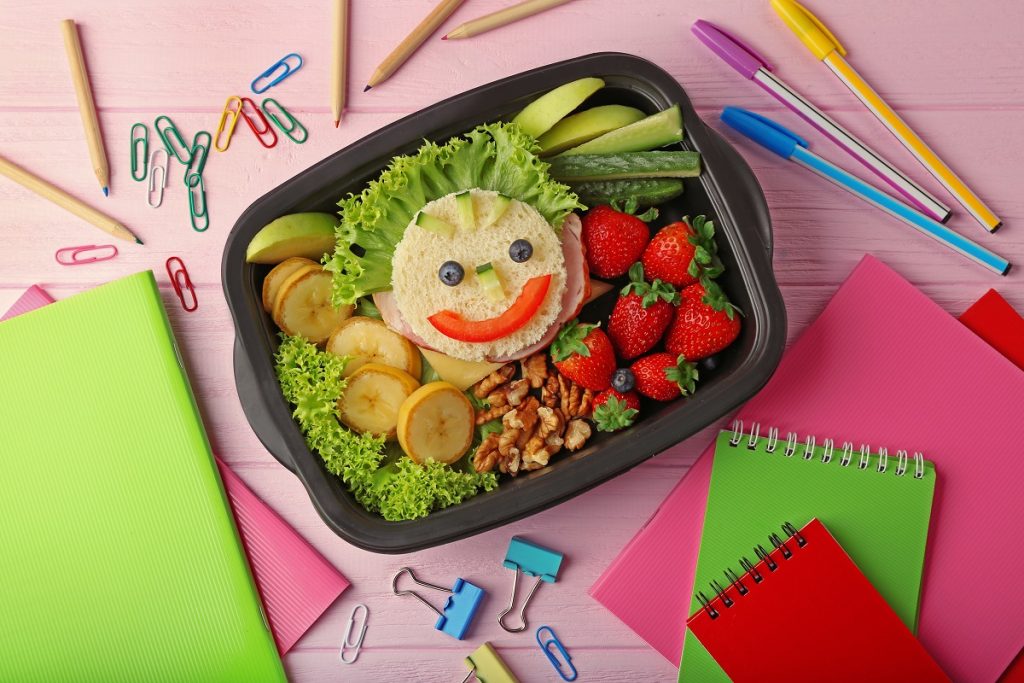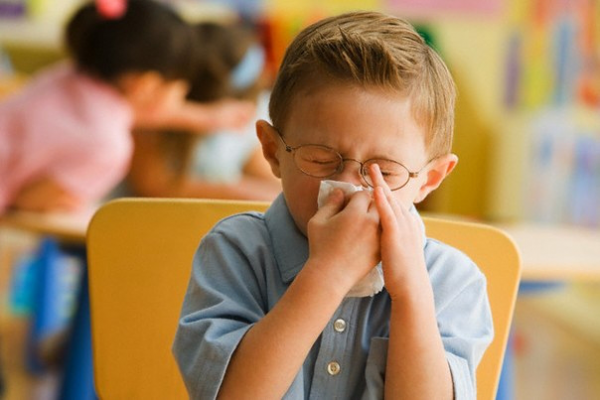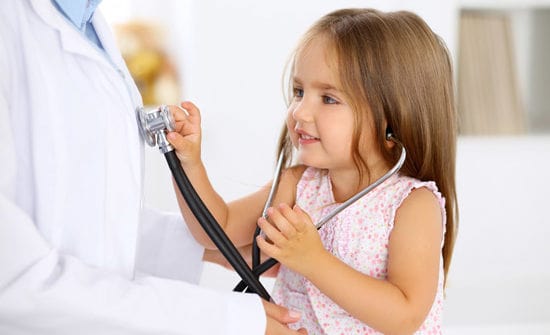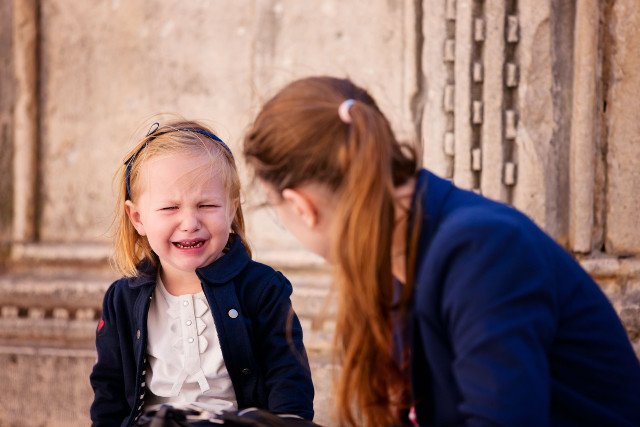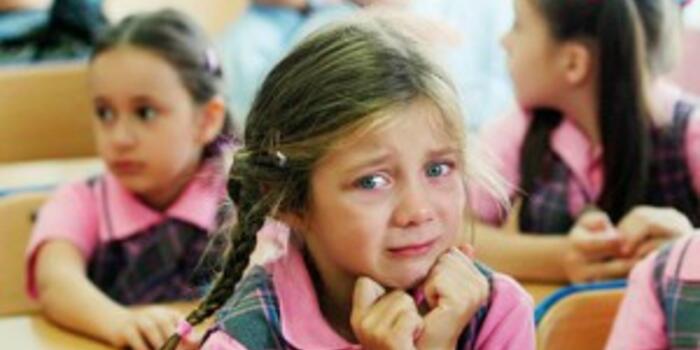Preparing Your Child for School: Advice for Parents. Dr. Narmin Azizova

Starting school is not just about learning to read and write. A child should be mentally, physically, psychologically, and socially prepared for this new stage.
Many parents worry whether their child is truly ready for school. This concern is entirely natural—especially considering that in some schools, the academic load can be quite heavy.
It’s important to remember that a child’s chronological age may not always align with their psychological development. Physical development is typically assessed based on height, weight, muscle strength, and motor skills. For example, carrying a heavy school bag may be a challenge for a physically underdeveloped child.
However, appropriate physical development does not automatically imply mental readiness. A child must be able to adapt to the structured school environment, maintain personal hygiene, and understand its importance, as well as manage basic daily tasks independently.
Psychological readiness includes being comfortable away from home and parents, joining peer group activities, and expressing oneself confidently.
Recent research shows that siblings attending the same school can have a positive effect on academic achievement. Additionally, living close to the school is considered an advantage.
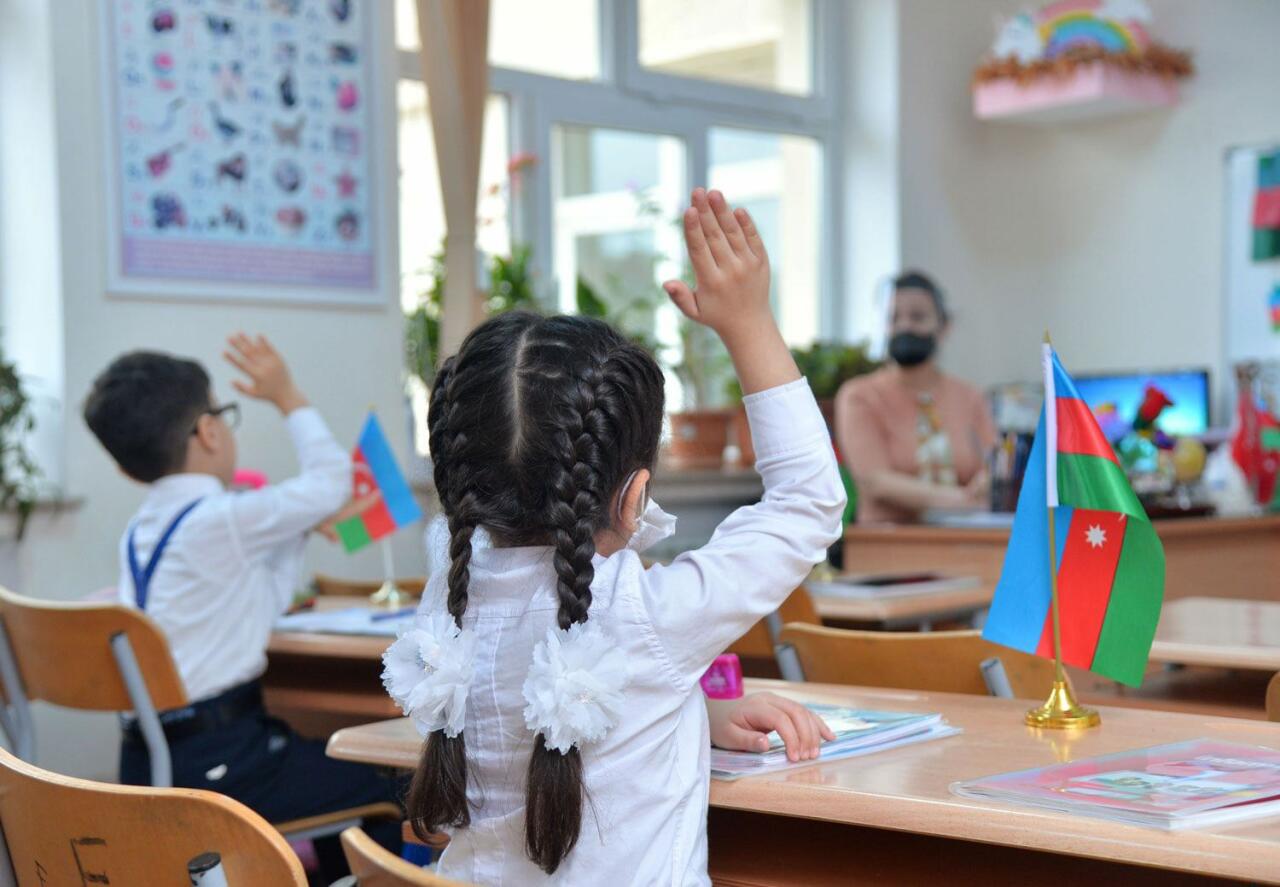
Nutrition at School
Proper nutrition during school hours is essential. Parents should carefully choose foods that are suitable for school, considering type, quality, and storage conditions. Ready-to-eat or processed foods should be avoided as much as possible.
Children with Allergies or Chronic Medication Needs
If your child has an allergy or takes medication regularly, it’s crucial to inform the school administration and teachers in advance to ensure proper care and attention.
School Readiness Check-Ups
Before starting school, children should undergo evaluations for physical development, vision, and hearing. If necessary, their psychological and intellectual development should also be assessed.
What If a Child Refuses to Go to School?
It’s important to understand the root of the child’s anxiety—fear of separation from a parent, worries about not seeing their mother again, difficulty making friends, or trouble adjusting to the new school environment. Knowing that a parent will be waiting at the school gate can be reassuring. Parents should remain calm, explain the situation clearly, and always say goodbye before leaving.
Additional Recommendations for Parents:
- If possible, both parents should meet the teacher in advance;
- Teach your child hygiene habits such as handwashing and proper toilet use;
- Make sure your child knows their home address and contact numbers;
- If your child fears being left alone at school, assure them you’ll be nearby (e.g., in the school yard or at the classroom door).
Essential Skills Before Starting School:
A child should be able to:
- Focus on one task for 7–8 minutes;
- Draw a simple person (head, arms, legs);
- Clearly express their emotions;
- Know the seasons, days of the week, some letters, shapes, and how to count;
- Make friends, follow game rules, and wait their turn;
- Follow hygiene rules;
- Use the toilet independently and maintain cleanliness;
- Recognize and organize their belongings.
Possible Challenges During the School Period:
- Difficulty separating from parents;
- Fear of school;
- Trouble with social interaction;
- Difficulty following rules;
- Low self-confidence;
- Hyperactivity and attention deficit;
- Difficulty completing assignments.
Additional Notes for Parents:
- Understand that transitioning to independent life can be stressful for children. It’s common for some to cry or feel anxious in the first days. Stay calm, explain the situation in a comforting way, and avoid behaviors that could increase fear.
- Children with school phobia may show symptoms like anxiety during class hours, nausea, stomach aches, headaches, poor appetite, and sleep disturbances. Treat these symptoms as temporary and respond appropriately.
- Don’t mock or shame your child’s worries.
- If your child attempts to avoid school, do not give in—gently but firmly return them to class.

Important Reminder: Vaccinations
Before starting school, make sure your child has received all required vaccinations according to the National Immunization Schedule. In Azerbaijan, children typically begin school at age 6. By this time, they should have received booster shots against measles, mumps, rubella (MMR) and diphtheria-tetanus (DT), along with all other scheduled vaccines such as tuberculosis (BCG), hepatitis B, polio, Haemophilus influenzae type b (Hib), pertussis, and pneumococcal vaccines. Full vaccination is essential not only for your child’s health but also for the safety of their classmates. Parents should check the child’s vaccination record and, if anything is missing, consult their local clinic before school begins.
Is My Child Ready for School?
To assess readiness, look at your child’s:
- Cognitive development,
- Vision and hearing,
- Comprehension and memory,
- Logical thinking and ability to understand cause-effect relationships,
- Ability to talk about future plans.
Thinking and speaking are closely connected—a child should be able to express their thoughts clearly. Recognizing letters or being able to write is not the only sign of readiness. Sometimes, psychological and social development is even more important.
Key Questions to Help Assess Readiness:
- Can your child play alone for 15–20 minutes?
- Can they self-regulate in your absence?
- Can they use the toilet and maintain cleanliness?
- Can they spend time with peers?
- Do they willingly participate in activities?
- Can they dress and undress themselves?
- Can they eat independently?
- Can they express themselves in full sentences?
- Do they hold and use a pencil properly?
- Do they recognize colors and numbers?
- Can they finish what they start?
- Can they manage their emotions?
- Are they willing to follow rules?
By considering these simple but crucial criteria, you can help ensure that your child starts school in a healthy and successful way.
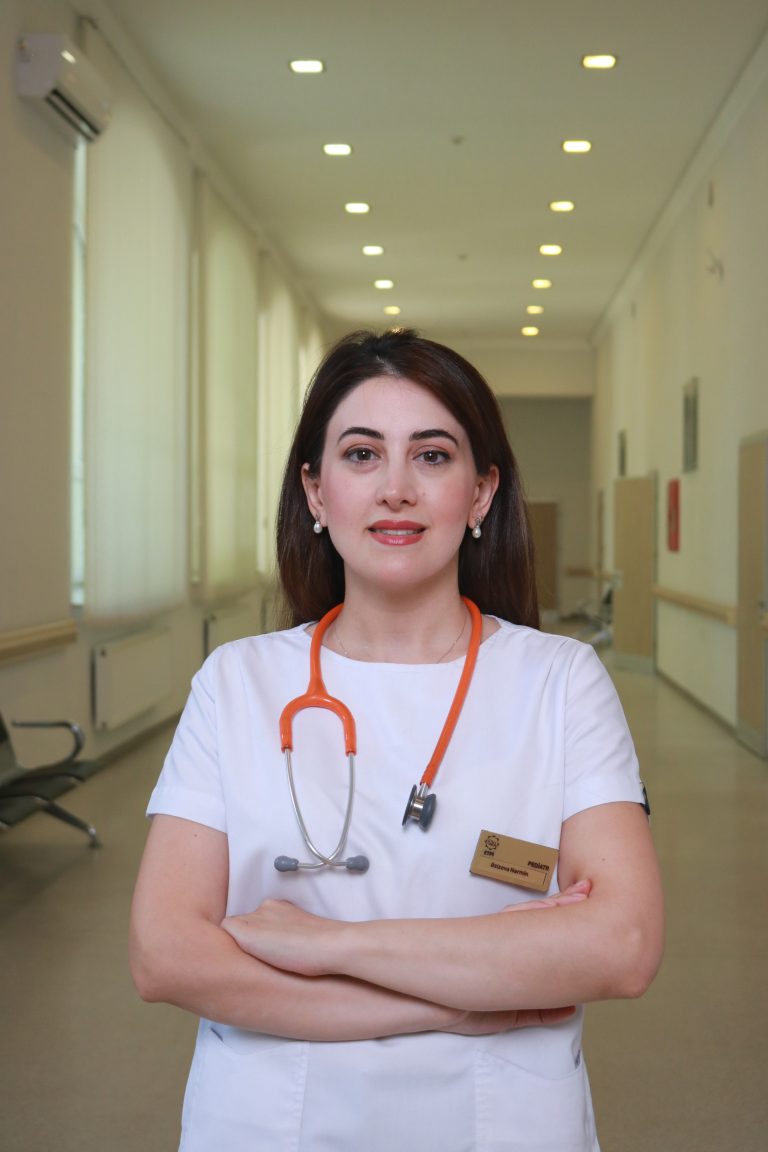
Dr. Narmin Azizova
